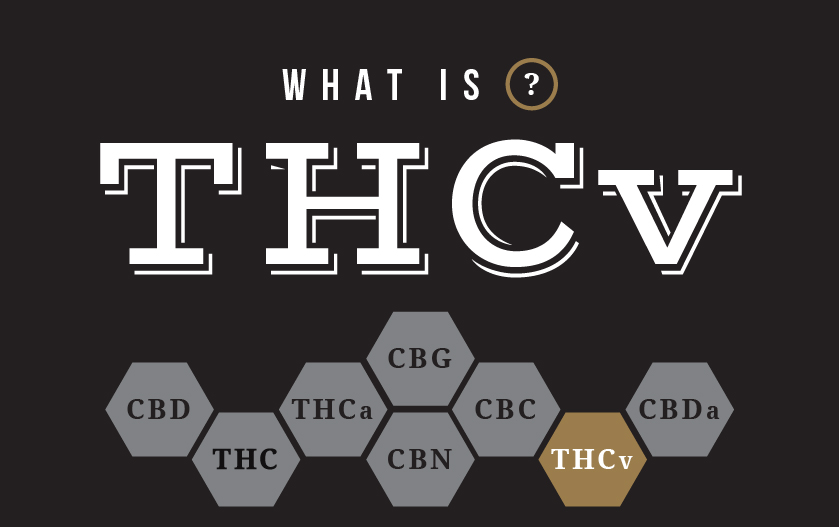Tetrahydrocannabivarin (THCV) is a cannabinoid compound found in marijuana and hemp plants. It's chemically similar to tetrahydrocannabinol (THC) however with some crucial differences. Here's whatever you need to understand about THCV consisting of the risks, benefits, differences, and similarities with other forms of THC and more. What Is THCV? THCV is a less typical cannabinoid discovered in some pressures of cannabis, especially African sativa.
 What Is THCV (Tetrahydrocannabivarin) And What Does It Do?
What Is THCV (Tetrahydrocannabivarin) And What Does It Do?
 Tetrahydrocannabivarin (THCV) - Original FARM
Tetrahydrocannabivarin (THCV) - Original FARM
 What Is THCV and What Are the Benefits of This Cannabinoid?
What Is THCV and What Are the Benefits of This Cannabinoid?
THCV has a 3-carbon side chain instead of THC's 5-carbon side chain. This distinction is subtle, however it has a noticeable effect on the effect profile. THCV is somewhat psychoactive however only about and about. What Does THCV Seem like? THCV has a strong energy-boosting element to it, which makes it especially popular amongst students and athletes.
In the United States, THCV guideline is nuanced. THCV is not a where to find thcv Schedule I Drug, but marijuana extracts are making it rather uncertain what the federal position is on THCV. The 2018 Farm Expense states that hemp plants and all derivatives of the plants are legal on a federal level, so numerous remingtonvqqg230.weebly.com/blog/what-is-thcv-thcv-effects-verilife7338649 companies follow this law and still supply THCV to consumers by just extracting the substance from hemp plants.
If THCV is considered a THC analog, it could be controlled in the future by the exact same guidelines as THC under the Federal Analog Act. This act mentions that any compound that shares a comparable molecular profile as a recognized prohibited substance it's included in the same drug Set up classification.
What Are the Impacts of THCV? Supporters of THCV report that it produces an intense burst of energy and makes them feel blissful without the psychological cloudiness triggered by THC. The impacts are incredibly moderate compared to THC. The results are almost specifically cognitive yet in some way have really little influence on headspace.
2. THCV & Appetite Some THCV users declare that it curbs their cravings. This is a common result of other focus-enhancing compounds as well. It's as though THCV eliminates the distraction of other bodily processes (like appetite) in order to preserve resources and attention to cognitive jobs instead. How Does THCV Work? Cannabinoids produce biological impacts in the body by engaging with endocannabinoid receptors.
CB1 receptors are situated in the nerve system and connect with neurotransmitters in the brain to produce mind-altering effects. Interaction with CB1 websites is what gives some cannabinoids like THC their psychoactivity. THCV is a bit difficult to comprehend due to the fact that it's mainly a CB1 villain, indicating it has the opposite effect as THC.
While researchers are still looking for to understand this process, it appears THCV is able to obstruct the impacts of CB1 in low dosages and promote them in high dosages. CB2 receptors are discovered mainly in the body immune system. THCV is a partial agonist of CB2, however the effects of You can find out more this partial activity aren't popular, and it apparently has no noticeable impact on THCV users' experience.
As mentioned in the previous area, THCV is a CB1 antagonist in low doses which is the exact opposite impact of delta 8 and delta 9 THC. This might imply that THCV combats some of the psychedelic impacts of THC. This impact could describe why people who utilize THCV feel so clear-headed especially compared to the notorious "fogginess" induced by delta 9 THC.